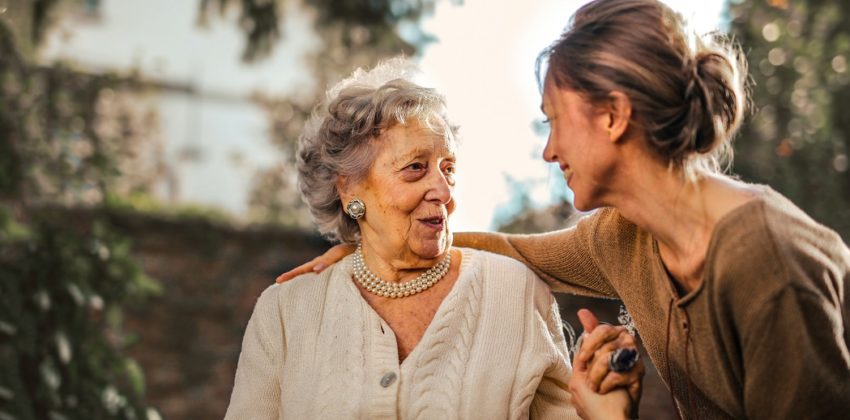Why Do You Need a Will?

A will allows you to clearly and precisely communicate your wishes as to the distribution of your assets after death. If you die without a will, this is known as dying intestate, and the state will decide how to distribute your assets to beneficiaries according to Florida laws. The way the court will settle your estate may not at all reflect what you would have wanted for your loved ones and survivors. It is always advisable to have a will, no matter what your age or circumstances might be.
Contents of the Will
There are several things to decide when preparing your will.
- Who do you want to designate as an executor or representative? This person will be responsible for carrying out the provisions within the will.
- Who will you name as a beneficiary (or beneficiaries) and what do you want them to inherit?
- What are your instructions for how and when the beneficiaries will receive the assets?
- In the case of minor children, who will you appoint as their guardian?
There are some types of assets within an estate that may already have named beneficiaries such as brokerage accounts, life insurance, and IRAs. These can transfer directly without involving the will. For assets that do not allow for the naming of beneficiaries including some bank accounts and real estate, the will is the place to designate who will get those assets, as well as any special instructions.
A Will Avoids of Number of Issues
If you do not have a will, your property will pass to your heirs by the laws of intestate succession. The people the state may designate as your heirs can include your spouse, parents, children, siblings and even distant relatives. Depending on your marital status and who survives you, you will want to make perfectly clear whom you want to share in your estate. It may seem harsh, but to protect others, you may even want to specifically designate those who should receive nothing.
If you have children, depending on their ages and circumstances, you most likely want to be sure they are taken care of when happens to you. If your children are minors, you should identify who is to take care of them and plan for how they will adjust financially. In the case of blended families, step children, grandchildren, and even great-grandchildren, a will can clearly make your intentions known to avoid any possible misunderstandings and family strife.
Many people feel strongly about making gifts or donations to certain individuals, charities, causes, or educational institutions. If you want to ensure that happens, then you will need to have that provided for in your will.
Every Case is Uniquely Personal
While no one wants to think about end of life issues, the right planning and documentation will give you great peace of mind and confidence to go ahead and live your life, rather than worrying about the end of it. We will help you organize the proper documentation, prepare your will, and ensure that your personal and financial affairs will be handled according to your wishes.
